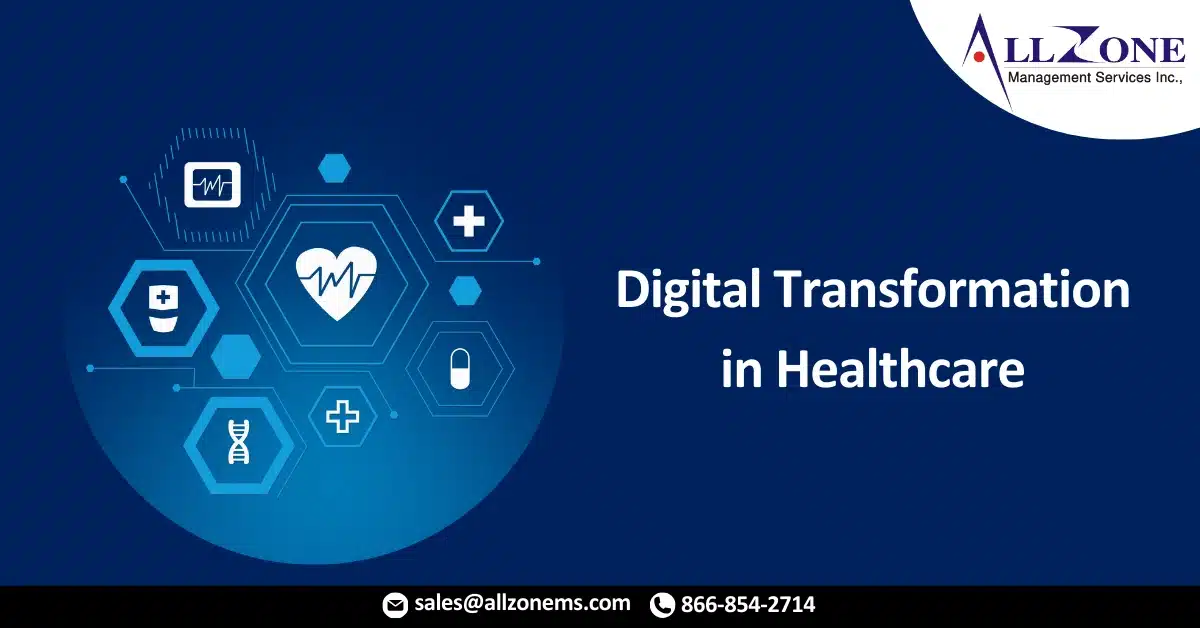For healthcare business owners, keeping up with digital transformation can feel overwhelming. Deciding which advancing technologies are worth investing in and getting the team on board with change is often the daunting part. Besides, adapting to the digital age requires a shift towards flexible and risk-taking mindset. Innovation is the game here, with the goal of streamlining physicians work, optimizing systems, enhancing patient outcomes, eliminating human error, and reducing costs. Here is a better look at the state of digital transformation and trends in healthcare in 2020.
Rise of On-Demand Healthcare
The healthcare industry is entering the age of digital innovation, as patients demand on-demand healthcare because of their busy lifestyle. Mobile is especially important when considering this. Healthcare providers are making it seamless for physicians to offer on-demand healthcare to patients in specific circumstances that match their expertise and schedule. Doctors themselves become on-demand healthcare providers to better meet the dynamic needs of their patients, a significant benefit of digital transformation in the healthcare industry.
The Internet of Medical Things (IoMT)
The integration of IoT and telemedicine has brought a variety of wearable devices and mobile applications to track and prevent diseases. IoMT comprises smart devices like ECG, EKG monitors, smart beds, connected inhalers, and many more. IoMT provides doctors to a focus on prevention. Besides, patients can gain health updates more frequently. As a result, healthcare providers depend on wearable technology to access the real-time health monitoring of high-risk patients.
Mixed Reality Aided Treatment
Virtual Reality (VR) is the core of digital transformation in healthcare. Its myriad of applications is profoundly changing the way patients are being treated. Simulated environments are helpful in relieving pains, coping with stress, and post-traumatic effects. VR also gives access to tasks and visual experiences that are otherwise impossible during therapy. By deploying an additional layer of information on real-world scenes, augmented reality screens will allow surgeons to access life-saving information during emergency procedures.
For More Information: digital transformation in healthcare 3 trends to keep an eye on nid 1932.html

